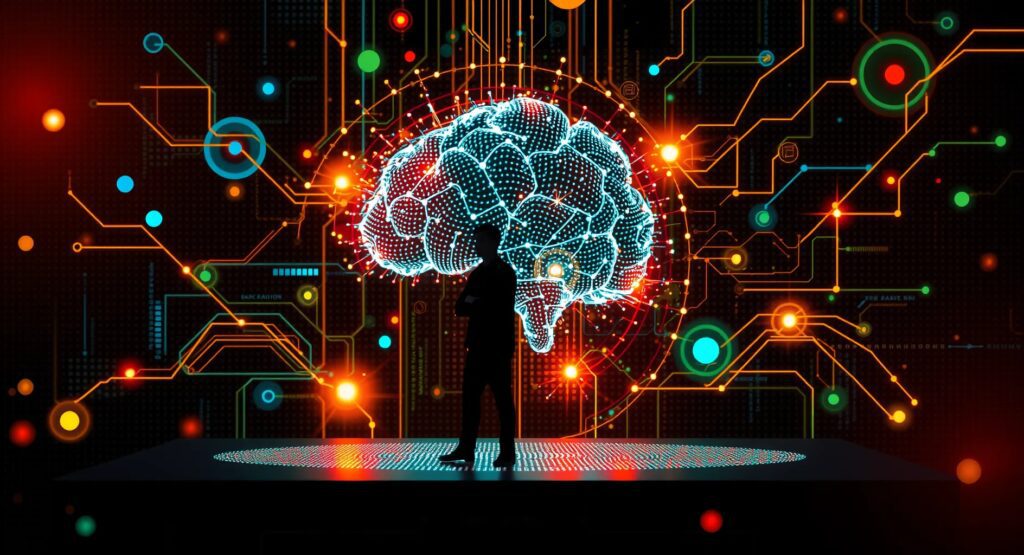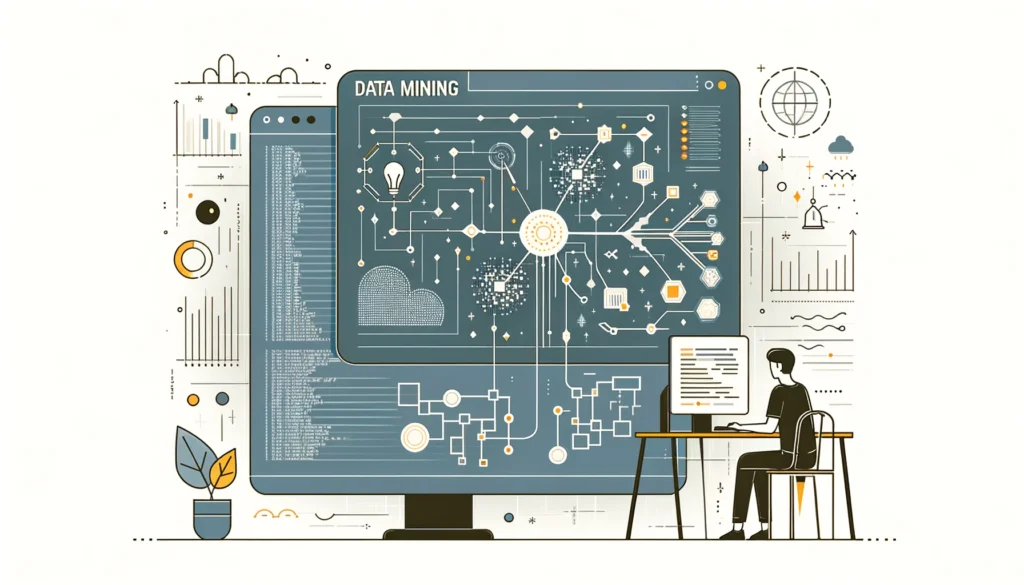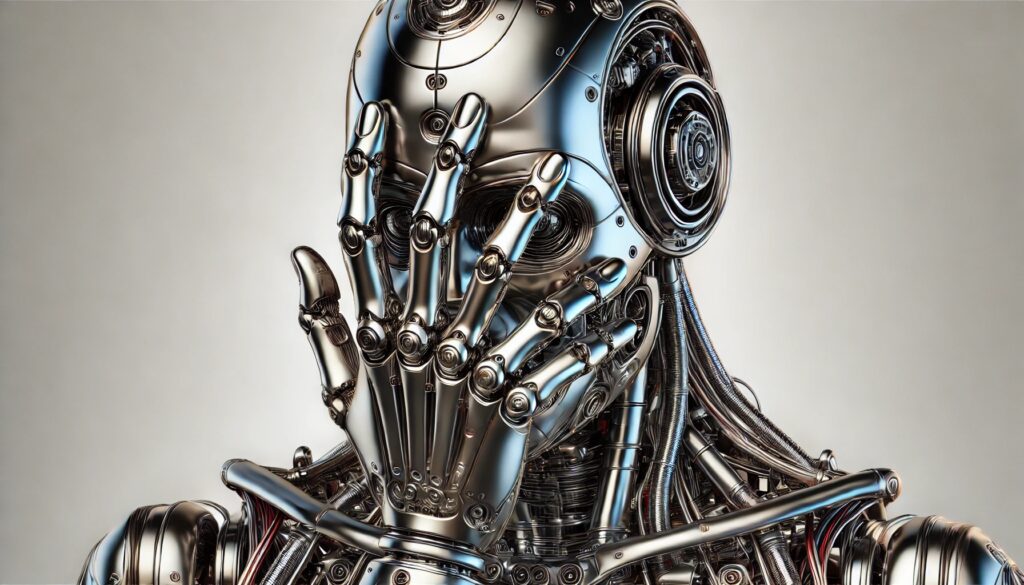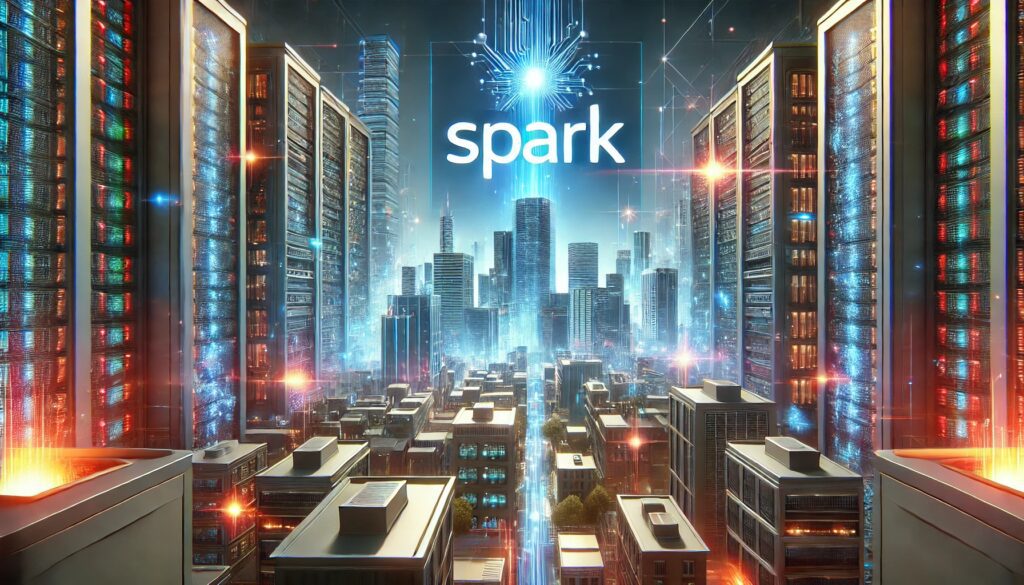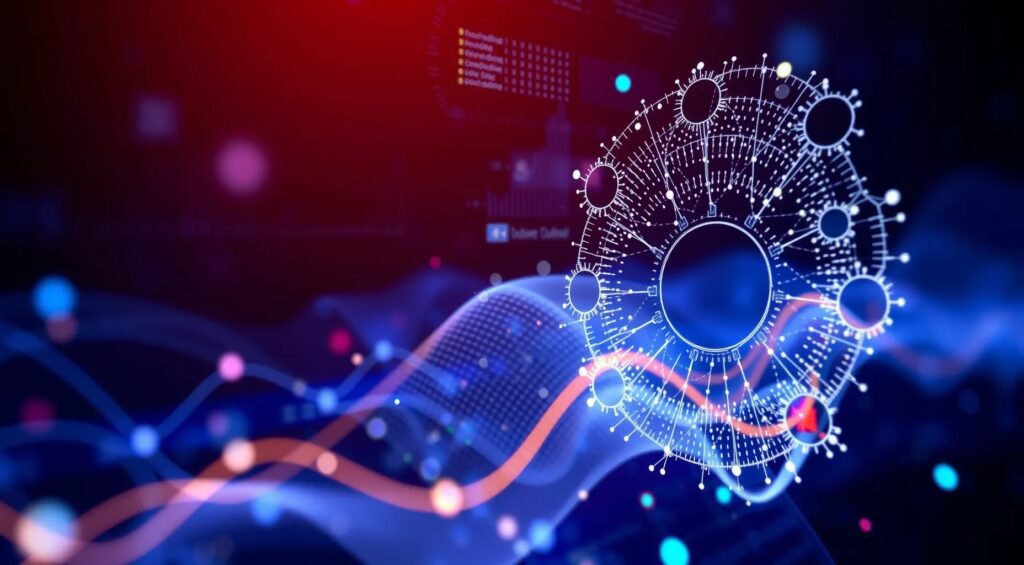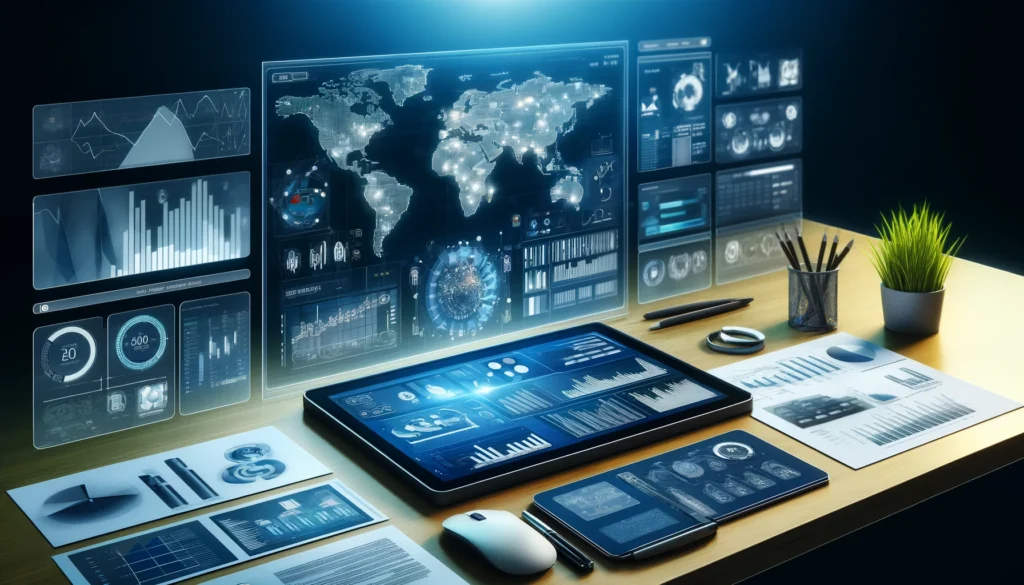
In the ever-shifting landscape of global power dynamics, the emergence of superhuman AI has introduced unprecedented opportunities and challenges.
From revolutionizing defense systems to influencing political strategies, this advanced technology reshapes how nations compete and collaborate on the global stage.
Superhuman AI and Global Leadership
Defining Superhuman AI in a Political Context
Superhuman AI refers to systems that outperform human abilities in specific domains. In geopolitics, this translates to systems capable of outmaneuvering human strategists in diplomacy, economic forecasting, or military tactics.
These AI systems don’t just analyze data; they interpret complex patterns and propose actionable solutions. For nations seeking dominance, this is a game-changer.
Enhancing Decision-Making in Governments
Governments leverage AI-driven tools to anticipate global crises, assess economic shifts, and manage intricate negotiations. By integrating superhuman AI into think tanks and policy-making bodies, nations can react to threats with precision and foresight.
However, over-reliance risks creating blind spots. What happens when decision-makers trust AI more than human judgment?
The Race for AI Dominance
The competition to develop the most advanced superhuman AI is fierce. Countries like the US and China lead this race, pouring billions into R&D. Control over such technology could grant unparalleled economic and military advantage, reshaping alliances and rivalries.
The Military Applications of Superhuman AI
Autonomous Weapons and Warfare
Superhuman AI enables the development of autonomous weapons systems, where drones and robots can identify and eliminate targets with minimal human intervention. This technology can revolutionize modern warfare but raises ethical concerns about accountability and escalation risks.
AI’s precision can reduce civilian casualties, but it also lowers the barrier to conflict, making wars easier to initiate.
Defensive Capabilities and Threat Detection
AI-driven systems excel at detecting cyberattacks, neutralizing threats in real-time, and securing national infrastructure. Superhuman AI enhances defense strategies by identifying vulnerabilities invisible to human analysts.
However, the same tech can be turned against its creators. Adversaries equipped with advanced AI can hack systems faster than traditional methods can block them.
The AI Arms Race
An arms race is unfolding, where nations are vying to outdo one another with AI innovations. Unlike traditional arms races, this one isn’t limited to weapons—it includes cyber capabilities, satellite systems, and even misinformation campaigns.
Economic Power through Superhuman AI

AI and Market Dominance
Superhuman AI analyzes market trends, predicts economic shifts, and optimizes resource allocation. For governments and corporations, this means unparalleled efficiency in investments and trade strategies.
Nations with superior AI capabilities could gain a massive edge in global trade. Emerging economies might struggle to keep pace, creating a wider gap between developed and developing nations.
Industrial Automation and Productivity
Automation fueled by superhuman AI boosts productivity while slashing labor costs. This benefits economies with advanced industries but poses challenges for countries reliant on traditional manufacturing.
Job displacement becomes a pressing concern. How do global leaders balance innovation with equitable growth?
The Digital Currency Revolution
AI-driven cryptocurrencies and blockchain systems are redefining how money flows across borders. With superhuman AI ensuring security and efficiency, traditional banking systems face disruption. Digital currencies could diminish the influence of established financial powers, leveling the playing field.
Ethics and the Global Governance of AI
Establishing International Regulations
Superhuman AI raises questions about accountability and ethical use. Should AI decisions in warfare or economics be regulated globally? If so, who enforces these rules?
Current efforts, such as the UN’s AI Ethics initiatives, aim to foster global collaboration. However, competing interests among powerful nations hinder progress.
AI and Sovereignty Challenges
As AI systems transcend borders, nations face sovereignty dilemmas. Who controls AI when its effects ripple across multiple nations? This issue highlights the need for multilateral agreements and tech-sharing frameworks.
Balancing Innovation and Risk
Developing AI without oversight risks unintended consequences, from biased algorithms to catastrophic system failures. Yet, over-regulation stifles innovation. Achieving this balance is critical for maintaining global stability.
Next, we’ll explore how superhuman AI is reshaping diplomacy, cultural exchanges, and global collaboration efforts. Stay tuned for part two.
Diplomacy in the Age of Superhuman AI
AI-Enhanced Diplomacy and Negotiation
Superhuman AI brings a data-driven edge to diplomacy. By analyzing cultural nuances, historical patterns, and real-time geopolitical shifts, AI offers diplomats tailored strategies for negotiation.
This technology can predict potential outcomes of treaties or identify mutually beneficial compromises, streamlining complex discussions. Yet, relying on AI in sensitive matters risks dehumanizing decisions or overlooking subtleties that machines might miss.
AI as a Mediator in International Conflicts
Superhuman AI has the potential to act as a neutral arbitrator in disputes. Algorithms trained to prioritize fairness and conflict resolution could help de-escalate tensions, providing unbiased recommendations based on comprehensive data.
However, the success of such interventions depends on the trust nations place in AI systems, and mistrust remains a significant barrier.
The Threat of Algorithmic Bias
AI systems reflect the biases of their creators or datasets, which can inadvertently perpetuate cultural or political prejudices. In global diplomacy, these biases could lead to unequal agreements or deepen divides.
Ensuring transparency and fairness in AI algorithms is essential for their adoption in high-stakes diplomatic scenarios.
Cultural Dynamics and Soft Power
Spreading Influence through AI-Generated Content
Nations are increasingly leveraging AI-powered media tools to produce persuasive content, shape narratives, and influence public opinion globally. From social media campaigns to AI-generated movies, this tech amplifies soft power strategies.
Superhuman AI can craft culturally resonant messages, but it also heightens risks of propaganda and misinformation spreading rapidly.
AI and Cultural Preservation
Ironically, while AI enables globalization, it also aids in preserving and showcasing local cultures. Language processing models can translate and digitize endangered languages, while AI art tools help revitalize traditional crafts.
This duality reflects AI’s potential to foster both unity and diversity in a digitally connected world.
Ethical Storytelling: Bridging Cultures or Exploiting Them?
With superhuman AI generating content, the line between cultural appreciation and exploitation blurs. Nations using AI to celebrate cultures must also ensure respectful representation to avoid alienation or backlash.
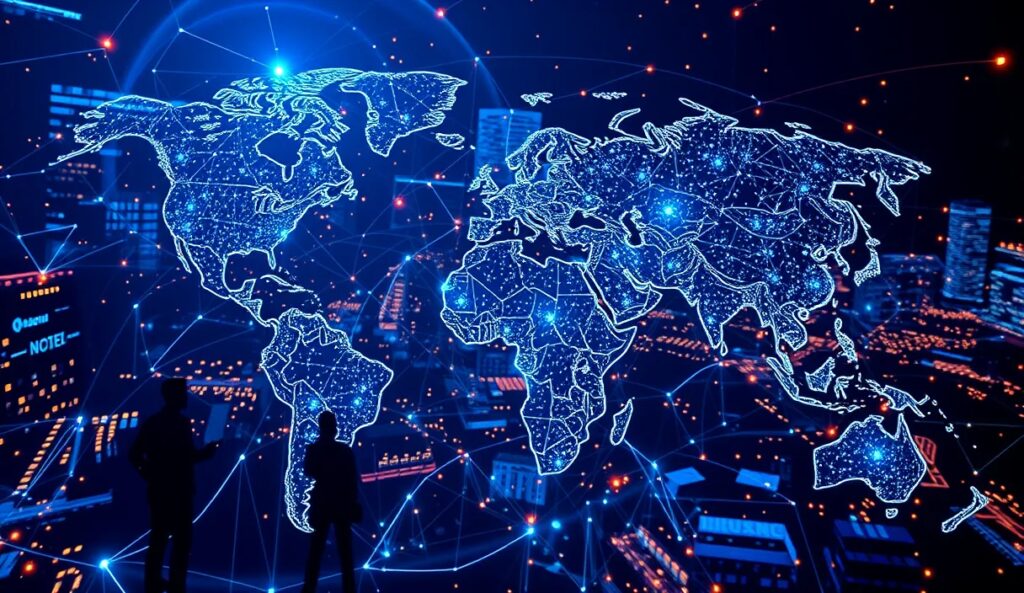
Global Collaboration and AI Alliances
Building AI Coalitions
Recognizing the transformative power of superhuman AI, some nations are forming alliances to share technology, pool resources, and establish global standards. These coalitions, like the Global Partnership on AI, promote ethical AI usage and innovation.
However, competing interests among major players, especially the US, China, and the EU, complicate these efforts. The risk of creating exclusive AI blocs could intensify geopolitical rivalries.
The Role of International Organizations
Institutions like the United Nations and the World Economic Forum are stepping in to guide discussions on AI’s global impact. From drafting ethical guidelines to hosting summits, these organizations act as mediators in the race for AI supremacy.
Yet, their ability to enforce policies remains limited without the commitment of leading nations.
Open AI Development vs. Proprietary Systems
An ongoing debate concerns whether AI should be developed as open-source tools for the greater good or remain proprietary for national advantage. Collaborative development could democratize AI access, but it also risks technology misuse by malicious actors.
Transforming Education with Superhuman AI
Personalized Learning at Scale
Superhuman AI tailors education to individual needs. By analyzing student performance, AI can craft customized learning paths, addressing strengths and weaknesses in real-time.
This approach ensures that no student is left behind, empowering learners with tools suited to their pace and style. However, dependence on AI in education could widen gaps in tech-accessible regions versus underserved areas.
Bridging Global Educational Gaps
AI-powered platforms offer unprecedented opportunities for remote education, particularly in developing countries. These systems can provide quality lessons, virtual tutors, and even multilingual content to bridge disparities.
Yet, the challenge remains: how do we ensure equitable infrastructure and internet access to unlock this potential worldwide?
Redefining Teaching Roles
AI doesn’t aim to replace teachers but to enhance their roles. Educators can use AI analytics to focus on emotional and creative development, while technology handles routine tasks like grading or administrative duties.
Still, a delicate balance is needed to avoid over-reliance, as the human connection in education remains irreplaceable.
Revolutionizing Global Healthcare Systems
AI-Driven Medical Breakthroughs
Superhuman AI accelerates medical research by identifying patterns in vast datasets. From discovering new drugs to developing personalized treatments, this technology saves lives and enhances global healthcare.
For instance, AI recently played a pivotal role in developing COVID-19 vaccines by analyzing millions of compounds in record time.
Access to Global Healthcare Services
Telemedicine powered by AI bridges gaps in regions with limited healthcare infrastructure. Patients in remote areas can access virtual consultations, diagnostics, and treatment plans, democratizing medical care.
However, the reliance on AI systems also demands robust cybersecurity measures to protect sensitive patient data from breaches.
Ethical Dilemmas in AI Medicine
AI-powered decisions, such as prioritizing patients during crises or analyzing genetic data, raise ethical concerns. How do we ensure fair access and avoid biases in AI algorithms affecting healthcare outcomes?
International collaboration is essential to establish trustworthy AI practices in the medical field.
Superhuman AI’s Long-Term Impact on Humanity
Accelerating Innovation Across Fields
From clean energy development to climate modeling, superhuman AI can drive innovation to tackle humanity’s most pressing challenges. By processing data faster than humanly possible, AI unveils solutions that seemed unattainable.
This advancement fuels optimism but also requires careful governance to prevent innovation monopolies by powerful nations or corporations.
The Risk of Tech Dependency
While AI enhances efficiency, over-reliance could hinder critical thinking and problem-solving skills. A generation of leaders raised with AI tools must maintain human creativity and ethical foresight to complement machine capabilities.
Superhuman AI also raises existential questions: how much control should we cede to machines in shaping our future?
Envisioning a Collaborative AI Future
Despite the risks, superhuman AI holds transformative potential if wielded responsibly. Nations, corporations, and communities must collaborate to create a future where AI benefits are shared globally, rather than fueling divisions.
The key lies in balancing innovation with ethics, competition with collaboration, and progress with human values.
With its profound influence on geopolitics, culture, education, and healthcare, superhuman AI is reshaping global power dynamics in unprecedented ways. As we navigate this new era, the choices we make today will determine whether AI becomes a tool for unity or division. The responsibility is ours—and the time is now.
FAQs
Can superhuman AI help prevent wars?
Yes, in theory. Superhuman AI can act as a mediator in diplomatic negotiations, offering unbiased, data-driven solutions to conflicts. For example, it might simulate the consequences of various decisions, guiding nations toward peaceful resolutions.
However, mistrust of AI systems or misuse by hostile actors could counteract these benefits, making AI regulation critical for its success in peacebuilding efforts.
What are the ethical concerns associated with superhuman AI?
Key ethical concerns include bias in decision-making, data privacy, and accountability for AI-driven outcomes. In military applications, autonomous weapons pose moral dilemmas about who bears responsibility for harm caused by AI actions.
For instance, if a superhuman AI mistakenly identifies a target during a military operation, determining fault becomes a gray area.
Is superhuman AI a threat to jobs?
Superhuman AI will likely automate many routine and technical jobs, particularly in sectors like manufacturing and data analysis. However, it also creates opportunities in AI development, maintenance, and oversight, as well as roles requiring emotional intelligence and creativity.
For example, AI may handle medical diagnoses, but doctors will still be needed to provide compassionate patient care and explain complex procedures.
Can superhuman AI help fight climate change?
Absolutely. AI can analyze environmental data to design clean energy systems, improve sustainable agriculture, and optimize waste management. For example, AI models help track deforestation and suggest reforestation efforts in critical regions.
Superhuman AI can even predict weather patterns to mitigate the impacts of natural disasters, such as hurricanes or floods.
How does AI influence misinformation?
Superhuman AI can both spread and combat misinformation. On one hand, it creates convincing fake content, like deepfakes or fabricated news articles. On the other, it helps detect and flag misleading information by analyzing patterns in online activity.
For instance, AI tools already assist platforms like Facebook in identifying fake news, but the arms race between AI-generated misinformation and detection tools continues.
What can individuals do to prepare for the AI-driven future?
Individuals should focus on developing skills that complement AI, such as critical thinking, creativity, and emotional intelligence. Learning about AI basics, ethics, and data security is also essential for staying informed in this evolving landscape.
Consider online courses in AI ethics or attending workshops on tech literacy to stay ahead. The goal isn’t to compete with AI but to work alongside it effectively.
How will superhuman AI change global economic competition?
Superhuman AI offers nations a competitive edge by enhancing productivity, predicting economic trends, and optimizing resource allocation. Countries equipped with advanced AI can dominate global trade, secure supply chains, and outpace competitors.
For example, AI helps governments forecast commodity price fluctuations and optimize investment strategies, boosting economic growth. Conversely, countries without access to such technology risk falling further behind, exacerbating global economic inequality.
Can AI-driven automation disrupt international labor markets?
Yes, automation powered by superhuman AI could reshape global labor markets by eliminating jobs in manufacturing, transportation, and even white-collar sectors like accounting. While this may boost efficiency, it could lead to significant unemployment in countries heavily reliant on these industries.
However, nations investing in reskilling programs and emerging AI-driven industries can mitigate these effects. For instance, Denmark’s government offers retraining programs for workers displaced by automation.
How secure are AI systems against cyber threats?
While superhuman AI excels at detecting and countering cyberattacks, it’s not immune to vulnerabilities. Sophisticated attackers can target AI algorithms, data sources, or the infrastructure supporting these systems.
For example, adversaries might use adversarial AI attacks—manipulating input data to fool AI models, causing them to misclassify or malfunction. To combat this, governments and tech companies invest heavily in AI-specific cybersecurity measures.
What role does AI play in modern surveillance systems?
Superhuman AI enhances surveillance capabilities by analyzing vast datasets from cameras, social media, and other sources in real-time. Governments use AI-driven tools for public safety, such as tracking potential threats or identifying missing persons.
However, this raises concerns about privacy violations and the misuse of surveillance for political control. For instance, facial recognition AI in some countries has sparked debates over its potential for mass surveillance and oppression.
How does superhuman AI influence cultural exchanges?
Superhuman AI facilitates cross-cultural understanding by providing tools like instant language translation and AI-generated content tailored to diverse audiences. For example, platforms like Google Translate use AI to break language barriers in real time.
Additionally, AI-driven algorithms can curate global music or art recommendations, exposing people to cultural experiences they might never encounter otherwise.
Could superhuman AI create new industries?
Absolutely. Superhuman AI is already driving the creation of industries like autonomous transportation, personalized healthcare, and AI-driven entertainment. Companies are exploring applications in gaming, where AI develops immersive worlds and realistic interactions with virtual characters.
For example, OpenAI’s DALL-E generates custom art for marketing campaigns, opening avenues for entirely new creative industries.
How can global institutions regulate superhuman AI effectively?
Global institutions like the UN or OECD can promote collaborative frameworks for AI governance, focusing on transparency, fairness, and ethical development. Examples include creating AI ethical guidelines, enforcing data-sharing agreements, or establishing penalties for misuse.
However, these efforts face challenges due to differing priorities among major players. For instance, while the EU emphasizes privacy and ethics, other nations prioritize innovation and competitive advantage.
Can superhuman AI predict future global crises?
Yes, superhuman AI excels at identifying patterns in complex systems, making it invaluable for forecasting crises like pandemics, financial collapses, or geopolitical conflicts. For example, AI models predicted COVID-19 outbreaks by analyzing travel data and social media trends.
However, while AI can forecast risks, human leadership is essential for crafting proactive policies and mobilizing global responses.
What’s the biggest challenge in balancing superhuman AI and humanity’s needs?
The primary challenge lies in ensuring that AI benefits are equitably distributed while mitigating its risks. This involves addressing issues like job displacement, data privacy, and potential AI misuse by authoritarian regimes.
For example, while autonomous vehicles improve safety and efficiency, their widespread adoption could disrupt millions of transportation jobs. A balanced approach requires investments in both innovation and social safety nets to protect affected workers.
Resources
Articles and Reports
- The Future of Artificial Intelligence and Robotics (Brookings Institution)
Read the report for insights into how AI is reshaping global power structures. - Global AI Index by Tortoise Media
Tracks which countries are leading in AI innovation, investment, and implementation. Check their latest rankings and analysis at Global AI Index. - The AI Arms Race and Its Implications (Carnegie Endowment for International Peace)
A deep dive into the militarization of AI and its effects on global security.
Online Courses and Certifications
- AI For Everyone (Coursera, by Andrew Ng)
A beginner-friendly course that explains how AI works and its potential applications in various fields. - Artificial Intelligence and Ethics (edX, by University of Helsinki)
Offers insights into ethical challenges and solutions for implementing AI responsibly. - Global Security and AI (FutureLearn, by King’s College London)
Explores how AI influences geopolitics, warfare, and international relations.
Podcasts and Videos
- “The AI Alignment Podcast” by Rob Miles
Focuses on ensuring AI systems align with human values and discusses long-term challenges. - “AI Governance Podcast” by Centre for the Governance of AI
Covers policy, regulation, and global collaboration in AI development. - TED Talks on AI Ethics and Power
Look for speakers like Stuart Russell and Yuval Noah Harari for thought-provoking discussions on AI’s future.
Government and Institutional Resources
- The OECD Principles on Artificial Intelligence
Guidelines for responsible AI development endorsed by over 40 countries. Visit OECD AI Principles for more. - UNESCO’s Artificial Intelligence for Sustainable Development
A comprehensive initiative focused on AI ethics and global equity. Learn more at UNESCO AI Program. - National Artificial Intelligence Initiative Office (US)
Tracks federal AI policies and initiatives. Visit their portal at AI.gov.
